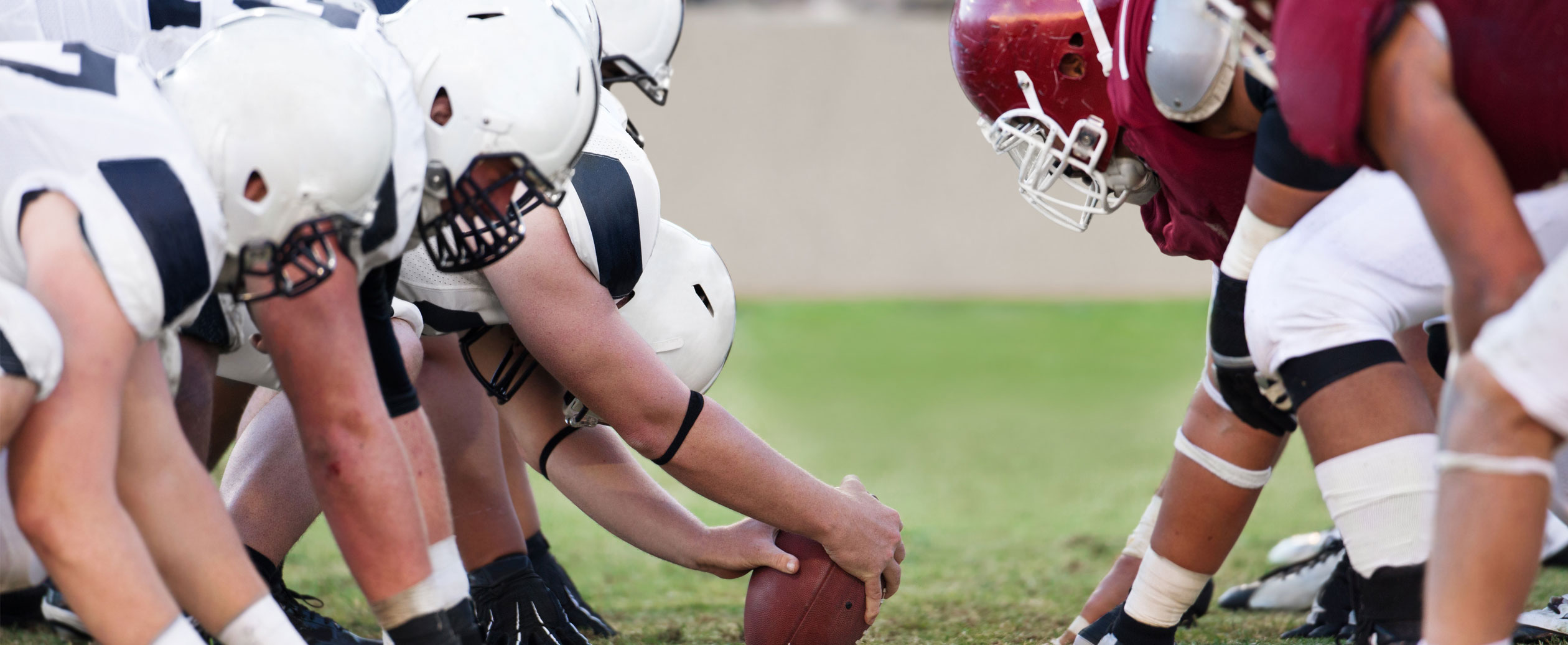NIL: What to know
The NIL era has begun in college athletics, but what does it mean and how are athletes, brands, and properties taking advantage? Our team explains.

What is NIL?
The NIL era has begun in college athletics, but what does it mean and how are athletes, brands, and properties taking advantage?
As of July 1st, the name, image, and likeness (NIL) era officially kicked off across all NCAA divisions. NCAA student-athletes are now eligible to profit off their NIL and participate in activities such as endorsement deals, appearances, and social media campaigns. Even activities such as private lessons or camps, which were previously banned by the NCAA, are available for athletes to capitalize on their popularity.
While this was a decision many felt was long overdue, it didn’t come without opposition from the NCAA. In a case that reached the supreme court and racked up $37.9M in legal fees, the courts determined that the NCAA cannot restrict educational-related benefits for student-athletes. This ruling helped pave the way for the current NIL policy developed by the NCAA.
NIL Policy
The NCAA’s interim NIL policy reads as follows:
- Individuals can engage in NIL activities that are consistent with the law of the state where the school is located. Colleges and universities may be a resource for state law questions.
- College athletes who attend a school in a state without a NIL law can engage in this type of activity without violating NCAA rules related to name, image, and likeness.
- Individuals can use a professional services provider for NIL activities.
- Student-athletes should report NIL activities consistent with state law or school and conference requirements to their school.
In short, the NCAA policy deflects most NIL regulations onto the states. Currently, 22 states have NIL bills that have been signed into law. The remaining 28 states have all introduced some form of NIL law or policy, but are waiting for the law to be signed or passed. In states where there is no NIL legislation, athletes can still participate in NIL activities, they just need to abide by any policy set forth by their college or university. In some unique instances, there are athletes in states that have no legislation and whose respective school has yet to develop any NIL policy or guidelines. Again, these athletes are allowed to partake in NIL activities, there are just a lot of questions and uncertainties around what they can and can’t do.
There are equal amounts of uncertainty around the future of NIL legislation at the national level. The NCAA is pushing for national guidance to avoid the discrepancy from state to state and school to school. Some of these differences have the potential to create recruiting advantages for certain schools with less restrictive NIL policies, something the NCAA would like to avoid. For example, BYU has instituted a policy that prohibits their student-athletes from endorsing caffeinated products as it violates the “BYU Honor Code Standards.”
The Current NIL Market
In a market full of uncertainty and unanswered questions, one thing is certain, athletes and brands are taking full advantage of NIL. Hanna and Haley Cavinder, twins at Fresno State University and members of the women’s basketball team, signed two deals on July 1st. With over 4 million followers on Instagram and TikTok, the twins inked deals with Six Star Pro Nutrition and Boost Mobile on the first day of the NIL era. Other notable deals include DJ Uiagalelei and Dr. Pepper, Bo Nix and Milo’s Tea Company, and Bubby Boeheim and The Players Trunk.
Many of the biggest names in college athletics are signing NIL deals, but brands are getting creative in how they take advantage of these new opportunities. Clearcover, a Chicago-based insurance provider, has launched their “Clearcover Inspired Underdog” campaign which gave 10 athletes across the country $10,000 in return for sharing their underdog story.
GoPuff, a food, home essentials, snack, and alcohol delivery service, offered every athlete within the Opendorse platform an opportunity to sign a deal with the company in return for social media posts with the potential for future opportunities down the road.
The Future of NIL
There are still a lot of unanswered questions when it comes to NIL regulation and the NCAA. However, this market has taken off and brands and athletes not taking advantage are being left behind:
The NIL industry is going to continue to evolve and TSMGI is going to be here every step of the way to help brands navigate this new space.
